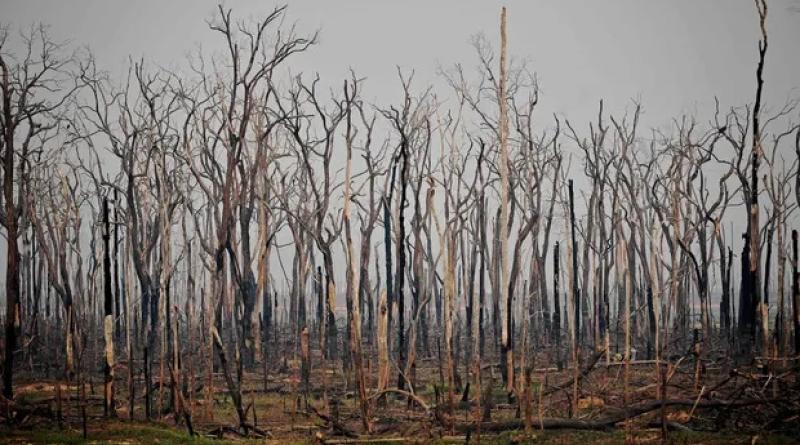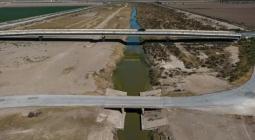Experts call for ‘loss and damage’ fund for nature in developing world

Wealthy countries should pay for the loss and damage they cause to nature in poorer countries in the same way as for climate impacts, researchers have argued.
At the Cop27 climate talks in November, world leaders agreed to a dedicated “loss and damage” fund providing financial assistance to poor nations stricken by climate disaster. More developed countries, which are largely responsible for driving climate breakdown, are to pay compensation to poorer nations, which are typically more vulnerable to its impacts.
Now researchers are arguing a similar fund should be created for nature loss. This is because habitat loss and overexploitation of resources in poor countries is driven by consumption in the global north, researchers argue in a comment piece published in Nature Ecology & Evolution. The trade agreements between the two are based on historical injustices and power imbalances.
Researchers state: “Global biodiversity loss has been disproportionately driven by consumption of people in rich nations. The concept of ‘loss and damage’ – familiar from international agreements on climate breakdown – should be considered for the effects of biodiversity loss in countries of the global south.”
Like climate breakdown, loss of wildlife has significant social and economic impacts. As a result of the expansion of destructive mining, agriculture and deforestation by wealthy nations, people in poorer nations often have fewer natural resources to feed themselves, fewer opportunities to generate an income, and have a loss of cultural values, according to the researchers.
EU fleets overfishing in west Africa to feed consumers in Europe is an example, with researchers saying this has caused “considerable negative impacts on local communities who are reliant on fish for income and for food, resulting in poverty, unemployment, declining health and social stress in the local communities”. In the UK, a recent government report calculated that our domestic consumption of crop, cattle and timber commodities was associated with 35,977 hectares (88,863 acres) of tropical deforestation in 2018.
“It’s the most vulnerable, poorest people that are the hardest hit by biodiversity loss and need extra support in dealing with its impacts. That’s the issue,” says the lead author, Dr Dilys Roe, from the International Institute for Environment and Development in London. “There are these additional losses and damages which aren’t linked to climate change, and aren’t currently taken into account.”
With the climate, the “polluter pays” principle is based on the notion that those who produce pollution should bear the costs of reducing its damage to human health and the environment. Researchers are exploring the idea of “consumer pays” for biodiversity: those who consume natural resources (ie timber, meat) should pay for the impacts. “The first step is opening up the discussion about this and whether the principle of ‘consumer pays’ is a valid principle in the same way as ‘polluter pays’,” says Roe.
At Cop15 in Montreal last year, it was agreed rich nations should pay more to halt and reverse biodiversity loss, but there was no discussion of compensation for historical losses. “I think the issue of biodiversity loss is several years, if not decades, behind climate change discussions,” said Roe. “We lament the loss of species and beautiful rainforests, etc, without necessarily thinking through the social implications of that and what this actually means for people on the ground. Biodiversity loss is a social issue and a development issue as much as an environmental issue.”
Roe has not explored how it could be implemented, including if nature loss could be incorporated into existing climate funding for loss and damage because of the links between them. The piece does not explore how, or where compensation should be given, or how much would be appropriate.
Dr Sarah Dalrymple, a conservation ecologist from Liverpool John Moores University, who was not involved in the paper, agreed with the premise. She said: “Nature conservation isn’t just about preserving ecosystems and species, but also needs to embed social justice at its core – that’s why I would support the incorporation of the principle of loss and damage into global agreements addressing biodiversity loss.”
cover photo:The Amazon rainforest, near Abunã, Brazil, burned to make way for cattle and commercial crops. Photograph: Carl de Souza/AFP/Getty Images





